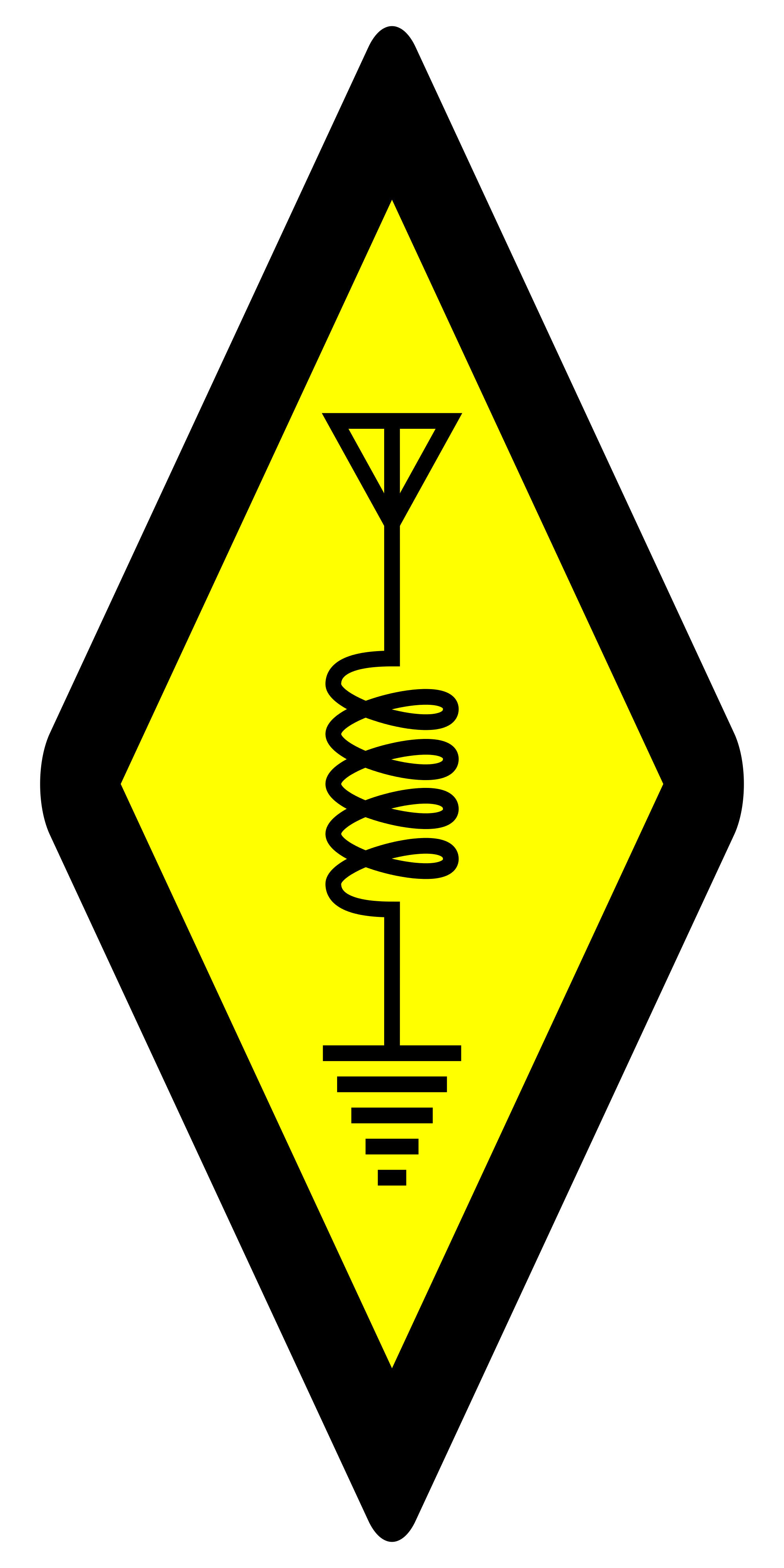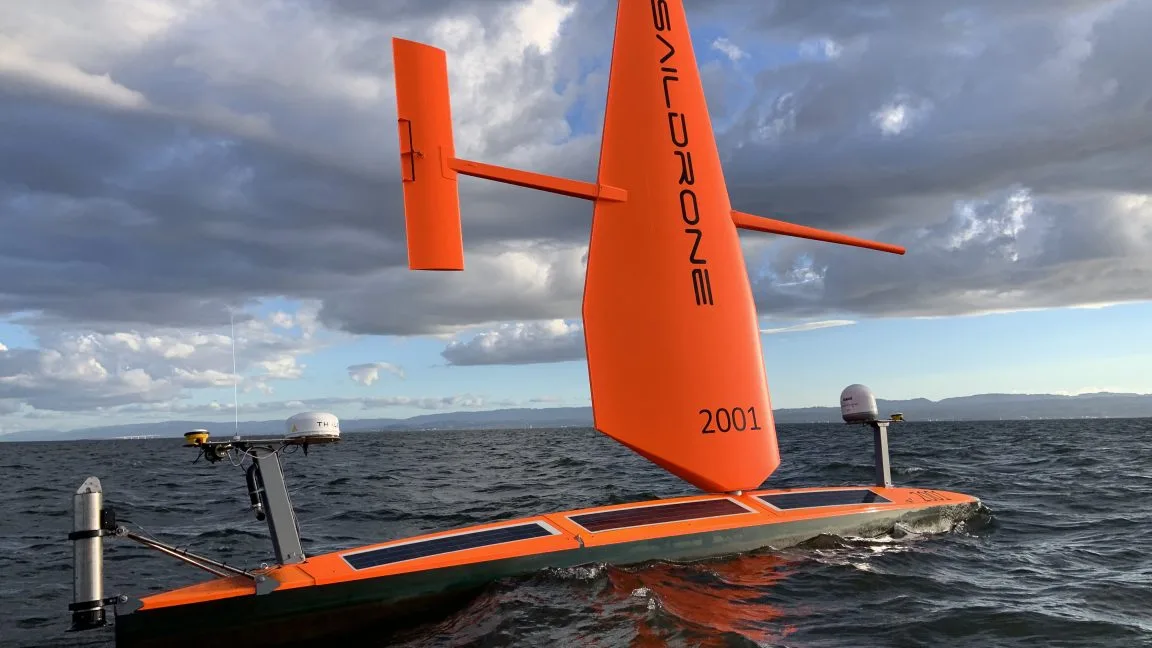You may be interested in learning about its downlink: https://destevez.net/2021/09/decoding-voyager-1/
- 7 Posts
- 16 Comments
You could probably wedge an OS kernel written in elisp in emacs at the expense of a 5% growth in code size.
 1·1 year ago
1·1 year agoDo you want to summon cyber demons? Because this is how you summon cyber demons
No worries, thanks for sharing!
Very cool! Nicely written too, I appreciate the technical depth and examples.
If you like Linux distributions/systems with an emphasis on a single language and custom init systems, I’d encourage you to take a peek at GUIX. It has an init system written in scheme called shepherd.
I’d say, per your definition which I agree with BTW, GUIX falls on the distribution side of things.
 2·1 year ago
2·1 year agoI’d like to meet daily to discuss this further.
Haven’t done it, but it sounds awesome. Also when you wrote "(I know)” after Big Money Rustlas clearly you meant that you know that movie is amazing.

 2·1 year ago
2·1 year agoLooks beautiful. Where’d you go?
I imagine it depends on the type of battery and the usage, but if you have a battery meter you could measure it. Use the house bank for a day, measure the voltage, run the engine for an hour, measure it again. Looks like the number you want to get to is probably 12.8 V: https://naturesgenerator.com/blogs/news/lead-acid-battery-voltage-chart
Lol, can’t view it in Jerboa

 3·1 year ago
3·1 year agoNice to see a Guix mention! It’s in flux but I appreciate it’s motivation and the hard work being done. One language, kernel agnostic, functional to the core. It’s gained some traction with the reproducible research builds crowd. It always makes me think of The Rise of Worse is Better.
I’ve used Navionics too. I feel like OpenCPN is less intuitive but more configurable. In general I prefer free software so it was my first choice.
You can give OpenCPN a look: https://opencpn.org. It’s a nice chartplotter with lots of plugins.

 1·1 year ago
1·1 year agoThank you!










Kudos to the crew!